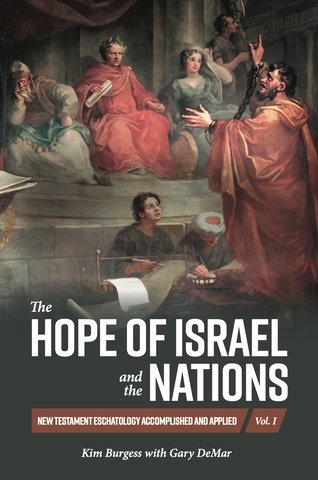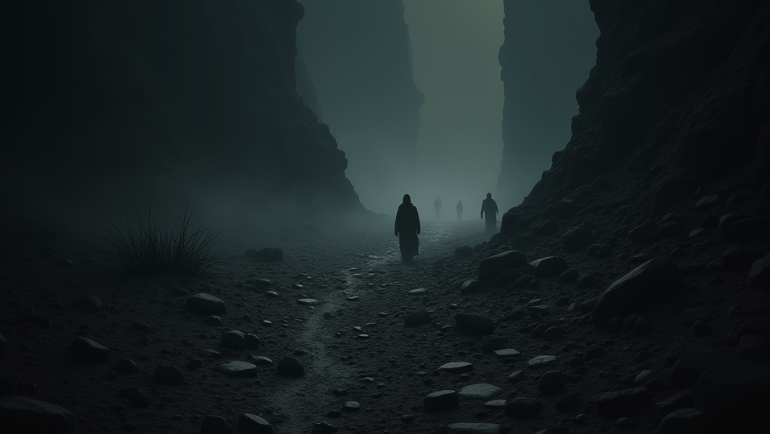Gary continues going through 1 Corinthians 15 with Kim Burgess. In this episode, they discuss death as being the final enemy.
In Acts 24:14-15, Paul says this:
“But this I admit to you, that according to the Way which they call a sect I do serve the God of our fathers, believing everything that is in accordance with the Law and that is written in the Prophets; having a hope in God, which these men cherish themselves, that there is about to [μέλλειν] be a resurrection of both the righteous and the wicked.”
“But this I admit to you that according to the way which they call a sect,” that is, a sect of Judaism. That is how the Gentiles looked at it. “I do serve the God of our fathers,” that is, Israel’s fathers, “believing everything that is in accordance with the Law [that is, with the Mosaic/Old Covenant order] and written in the prophets.”
In other words, per the testimony of the Old Testament, per the Law and the prophets, there was this hope in Israel, “which these men [Jews] cherish themselves,” “that there shall certainly be a resurrection of both the righteous and the wicked.” But the English translation here is doing us a grave disservice. The word translated in English as “certainly” is the often-untranslated Greek word mellō. The proper literal translation of the Greek should be, “having a hope in God, which these men cherish themselves, that there is about to be a resurrection of both the righteous and the wicked.” The crucially important point, in terms of NT eschatology, is that there was about to be a “resurrection of the dead” that was directly relevant to the realization of this “hope of Israel”! So, what is the redemptive-historical context for this shocking claim by Paul in Acts 24:15?
We are given this context in the Old Testament in what Daniel was told by the archangel Michael, who himself was the archangel of Israel, in Daniel 12:1-2. How could God keep His promises to Israel and bring about the restoration of Israel if all of the Old Covenant saints, including not only men like Abraham, Isaac, and Jacob to begin with, as the patriarchs of Israel, but also men like faithful Daniel himself, had all lived and died long before the days of Christ, long before the days of the New Covenant fulfillment of the promises made to Israel. Were they all going to miss out on the fulfillment of all these promises? Of course not! God would be entirely faithful to all that He had promised to Abraham regarding Israel! These OT saints, by a resurrection from the realm of the dead, the realm that the OT refers to repeatedly as “Sheol,” were going to be brought into this New Covenant inheritance that had been promised to them. Yes, they had to wait long for it, as Hebrew says (Heb 11:13, 39-40), but they absolutely would not miss out on it!

The Hope of Israel and the Nations
The Hope of Israel and the Nations deals with the text of Scripture, letting the Bible interpret itself. Kim Burgess has spent more than 40 years studying this topic. The newness of the material in the New Testament takes all the promises found in the Old Testament regarding Israel and shows their New Covenant fulfillment and application. Some of it has been developed in bits and pieces. This is the first time that all the pieces have been put together into a coherent whole.
Buy NowGary continues going through 1 Corinthians 15 with Kim Burgess. In this episode, they discuss death as being the final enemy. Kim brings up some very interesting points that are not obvious from our English translations. Sheol, or the realm of the dead, was a very big topic in the mind of first century Jews and this is what Paul is addressing.

